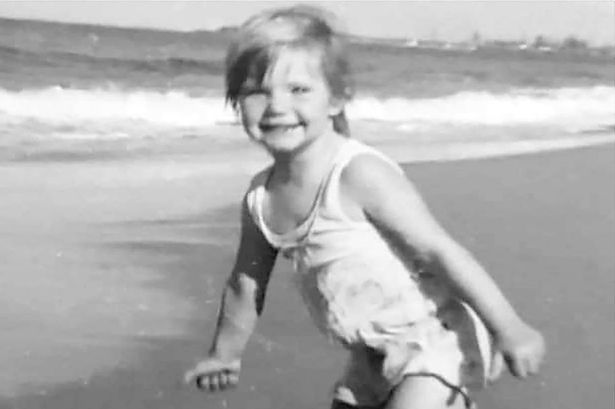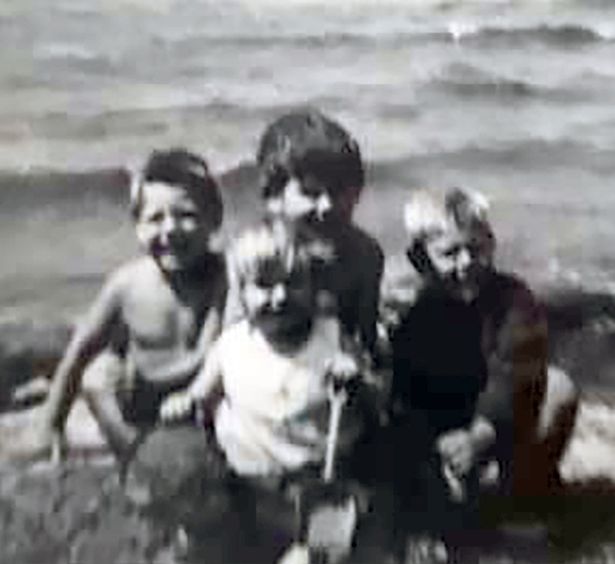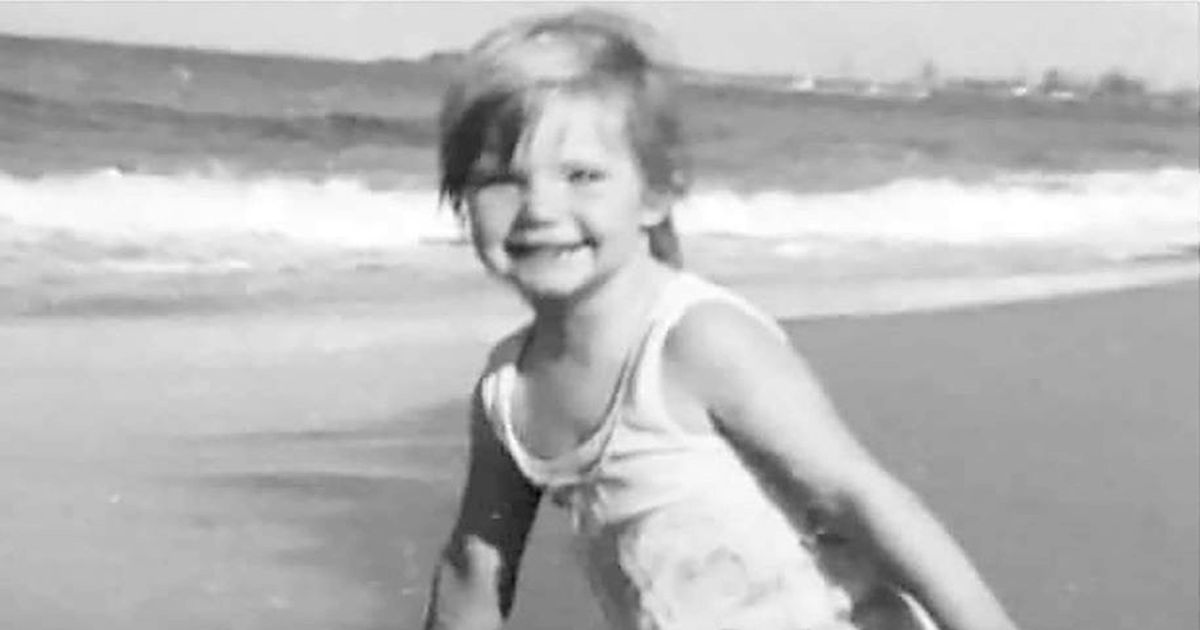Cheryl was abducted from a beach in Australia after emigrating from Bristol Cheryl Grimmer(Image: PA)
Cheryl Grimmer(Image: PA)
The family of a missing girl from Bristol who vanished from an Australian beach over 50 years ago have criticised police for failing to formally interview potential witnesses during a review of the case.
The BBC reports that three potential eyewitnesses came forward following the launch of the Fairy Meadow true crime podcast.
One man, who did not want to be identified, said he had seen a teenage boy carry a small child from the changing rooms next to the beach on the day that Cheryl disappeared, reports the BBC.
According to the BBC, the man said he had spoken to NSW Police after reaching out to the BBC, but he did not hear from the force again.
A retired detective who worked on Cheryl’s case said he believed the man’s account to be “very credible”.
Another potential witness reached out to the BBC to say they saw a man taking a young girl from the beach the day Cheryl disappeared.
They told the BBC: “I just [remember] this lovely little girl and she was very upset. And this man had her tightly by the hand and said ‘come on’. She obviously didn’t want to go.”
 Cheryl Grimmer, aged three, (centre), with her brothers(Image: PA)
Cheryl Grimmer, aged three, (centre), with her brothers(Image: PA)
Three-year-old Cheryl went missing from a beach in Wollongong in 1970, a year after her family emigrated from Knowle to the New South Wales city.
Cheryl’s brother Ricki Nash, who was just seven when she disappeared, previously spoke to BristolLive where he said: “To my dying breath, I will never give up until justice is served.
“For me, the day Cheryl disappeared is like yesterday. I keep reliving it over and over again.”
The case sparked one of the country’s biggest ever manhunts, but Cheryl was never found.
The BBC reports that a petition asking the state parliament to set up an inquiry into missing persons investigations overseen by NSW Police received more than 10,000 signatures.
The issue was debated in parliament but the state minister for police and counter-terrorism made no commitment to holding an inquiry.
NSW Police said all the information it received, including potential eyewitness accounts from the BBC, was properly assessed.
The force also reportedly said that it was not the case that everyone who contacted them would be interviewed.
It said: “Each submission is evaluated on its merits, and decisions regarding subsequent action are made in accordance with investigative standards and the relevance of the information to the established facts.”
Speaking to the BBC, Ricki said: “You offer a million dollar reward, people come forward, you don’t speak to them. Why offer the reward?
“Was that just to appease our family, appease the public, just to make yourselves look good – look like you’re doing something?
“In actual fact, you’re doing nothing.”
